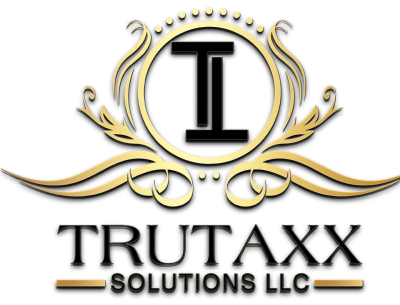As a freelancer or gig worker, navigating taxes can feel overwhelming. With so many potential deductions available, it’s crucial to understand what qualifies and how to maximize your savings. We’re here to help you keep more of your hard-earned money. Let’s break down the essentials of tax deductions for freelancers and gig workers.
What Qualifies as a Deduction?
Tax deductions are expenses that reduce your taxable income, meaning you pay less in taxes. To qualify, an expense must be:
- Ordinary: A common and accepted expense in your line of work.
- Necessary: An essential expense for operating your business.
Here are some common deductions freelancers often qualify for:
- Home Office Deduction: If you work from home, you can deduct a portion of your rent, mortgage, utilities, or internet. To qualify, the space must be used exclusively for business.
- Business Supplies and Equipment: Items like laptops, software, and office supplies count as deductible expenses.
- Professional Services: Fees paid to accountants, legal consultants, or tax preparation services like TruTaxx Solutions can be deducted.
- Travel Expenses: Costs for business-related travel, including flights, accommodations, and meals, can be written off.
- Advertising and Marketing: Website hosting, online ads, and other promotional efforts are deductible.
- Education and Training: Courses, books, or certifications that enhance your skills are often deductible.
Commonly Missed Deductions
Freelancers frequently miss out on deductions that could save them significant money. Here are a few to watch out for:
- Health Insurance Premiums: Self-employed individuals may deduct health insurance premiums for themselves and their families.
- Startup Costs: Initial expenses for launching your freelance business, such as website design or initial software purchases, are deductible.
- Bank Fees: Charges for maintaining a separate business bank account or payment processing fees (e.g., PayPal or Stripe) qualify as deductions.
- Unpaid Invoices: If you operate on an accrual basis, unpaid invoices might be eligible for deduction as bad debt.
Record-Keeping Tips
Staying organized throughout the year is critical for maximizing deductions and avoiding IRS audits. Here are some tips to ensure accurate record-keeping:
- Use Accounting Software: Tools like QuickBooks or Wave help you track income and expenses efficiently.
- Separate Business and Personal Finances: Open a dedicated bank account for your freelance business to simplify tracking.
- Save Receipts: Keep both physical and digital copies of receipts for deductible expenses.
- Maintain a Mileage Log: Use apps like MileIQ to track mileage for business-related travel.
- Regularly Update Records: Set aside time each week or month to review and update your financial records.
Why Work with TruTaxx Solutions?
Tax laws can be complex, and freelancers often leave money on the table by missing eligible deductions. At TruTaxx Solutions, we specialize in working with freelancers and gig workers. Our experts ensure you claim every deduction you’re entitled to while staying compliant with IRS regulations.
Contact us to ensure you’re not missing out on deductions!
Take Control of Your Freelance Taxes Today
Taxes don’t have to be stressful. By understanding your deductions, keeping accurate records, and partnering with experts like TruTaxx Solutions, you can minimize your tax liability and focus on growing your business.
